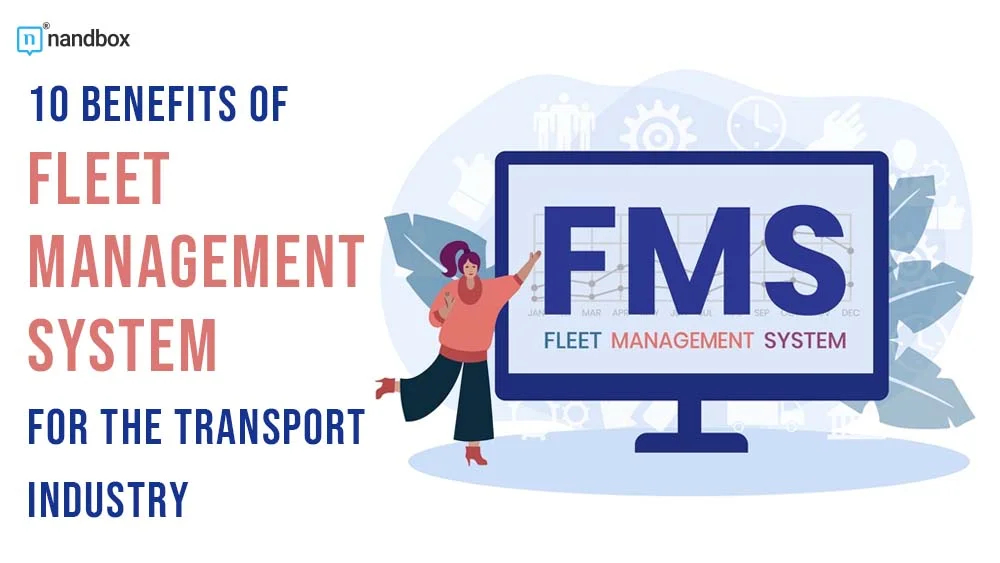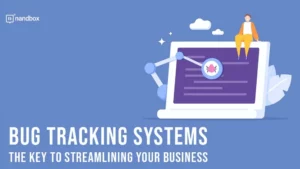10 Key Benefits of a Fleet Management System for Transport Industry
In the fast-paced world of transportation, efficiency and safety are crucial. Fleet management systems have emerged as game-changers, revolutionizing the way transport companies operate. From optimizing routes to improving vehicle security, these systems offer a range of benefits. In this post, we’ll have a look at the 10 benefits of fleet management system for the transport industry.
From cost savings to improved productivity and customer service, these systems are reshaping the landscape of transportation, driving businesses toward greater success and reliability. Let’s get into the transformative power of fleet management in today’s transport sector.
Benefits of Fleet Management System for the Transport Industry
1.) Improved Vehicle Tracking
![]()
Fleet management systems utilize GPS technology and telematics devices to provide real-time tracking of vehicles. Through continuous data transmission, managers can access precise location information and monitor vehicle movement on digital maps.
This better visibility enables efficient route planning and dispatching, as managers can assign tasks based on vehicle proximity to job sites. Additionally, historical tracking data allows for performance analysis and optimization of route efficiency over time.
By maximizing visibility and control over fleet operations, fleet management systems significantly improve productivity and resource allocation within the transport industry.
What Do Customers Say About It?
“I can confidently say that implementing a fleet management system has been a game-changer for our operations. It has streamlined route planning, improved safety, and boosted overall efficiency, resulting in satisfied customers and increased profitability.”
Barkan Saeed, CTO, “Hire A Minibus With Driver”
2.) Better Safety and Security
Fleet management systems incorporate driver behavior monitoring features to promote safer driving practices. Onboard sensors and telematics devices track various driver behaviors, including speed, harsh braking, and acceleration patterns.
Real-time alerts notify managers and drivers of unsafe behaviors, enabling immediate corrective action. Furthermore, theft prevention measures, such as vehicle tracking and geofencing, increase security by monitoring vehicle locations and detecting unauthorized usage or theft.
By proactively addressing safety and security concerns, fleet management systems contribute to risk reduction and asset protection for transport companies. Partnering with a transportation software development company can further enhance these benefits by providing customized solutions that optimize fleet operations and improve overall efficiency.
3.) Cost Reduction
Fleet management systems optimize fuel consumption through route optimization algorithms, identifying the most efficient routes based on real-time traffic data and vehicle capacity. By minimizing unnecessary travel time and reducing fuel wastage, transport companies can achieve significant fuel cost savings.
Additionally, these systems track vehicle idle times and engine usage, enabling managers to identify opportunities for idle time reduction and fuel efficiency improvements. By minimizing fuel expenses and maintenance costs, fleet management systems contribute to substantial overall cost reduction for transport companies.
4.) Better Efficiency in Route Planning and Dispatching
With advanced algorithms, they optimize route planning and dispatching processes. These systems analyze real-time traffic data, historical route performance, and vehicle capacity to identify the most efficient routes for each vehicle.
By considering factors such as traffic congestion, road closures, and delivery schedules, fleet management systems minimize travel time and maximize resource utilization.
Additionally, automated dispatching functionalities streamline the assignment of tasks to vehicles based on proximity and availability, ensuring timely and efficient service delivery.
5.) Optimization of Fuel Consumption
Fleet management systems employ sophisticated fuel optimization strategies to minimize fuel consumption and associated costs. These systems utilize route optimization algorithms to identify the most fuel-efficient routes based on factors such as distance, traffic conditions, and vehicle load.
Additionally, real-time monitoring of vehicle performance metrics, such as fuel efficiency and engine idling, enables managers to identify opportunities for fuel-saving initiatives. By implementing fuel-efficient driving practices and minimizing idle time, fleet management systems help transport companies achieve substantial fuel cost savings.
Moreover, detailed fuel consumption reports provide insights for further optimization and cost reduction strategies.
6.) Maintenance Scheduling for Preventive Maintenance
Fleet management systems facilitate proactive maintenance scheduling to prevent costly breakdowns and repairs. These systems monitor vehicle diagnostics and performance indicators in real-time, detecting potential issues before they escalate into major problems.
By analyzing data on engine health, tire wear, and vehicle usage, fleet management systems generate predictive maintenance schedules tailored to each vehicle’s needs. Scheduled maintenance tasks, such as oil changes and inspections, are automatically assigned based on predefined criteria and service intervals.
Through preventive maintenance scheduling, fleet management systems minimize downtime, extend vehicle lifespan, and reduce maintenance expenses for transport companies.
7.) Compliance Management
Fleet management systems assist transport companies in ensuring compliance with regulatory requirements and industry standards. These systems feature integrated tools for monitoring and managing driver hours of service (HOS), ensuring adherence to legal driving limits and mandatory rest periods.
Additionally, electronic logging devices (ELDs) automatically record driver activities, including driving time, rest breaks, and duty status changes, to maintain accurate and tamper-proof records.
8.) Environmental Impact Reduction
Fleet management systems contribute to environmental sustainability by optimizing vehicle routes and minimizing fuel consumption. Through route optimization algorithms, these systems identify the most fuel-efficient routes based on factors such as traffic conditions, road topology, and vehicle load.
By reducing unnecessary mileage and idle time, fleet management systems decrease fuel consumption and greenhouse gas emissions, thereby lowering the environmental impact of transportation operations.
9.) Improved Customer Service
Fleet management systems improve customer service by providing accurate and timely information to customers regarding their shipments and deliveries. Real-time track ki ing capabilities allow customers to track the status and location of their orders throughout the delivery process.
Additionally, automated notifications and alerts inform customers of estimated arrival times, delays, or changes in delivery schedules, ensuring transparency and proactive communication.
10.) Scalability and Adaptability
Fleet management systems offer scalability and adaptability to meet the evolving needs of transport companies. These systems can accommodate growing fleets and expanding operations, with flexible features and customizable configurations.
Additionally, integration with other software solutions enables seamless interoperability and future-proofing against technological advancements.
Conclusion
In a nutshell, fleet management systems revolutionize the transport industry by offering a comprehensive suite of benefits. From improved efficiency and safety to cost reduction and environmental sustainability, these systems optimize fleet operations and drive business success. Adopting fleet management technology is essential for transport companies looking to stay competitive and thrive in today’s dynamic market landscape.






